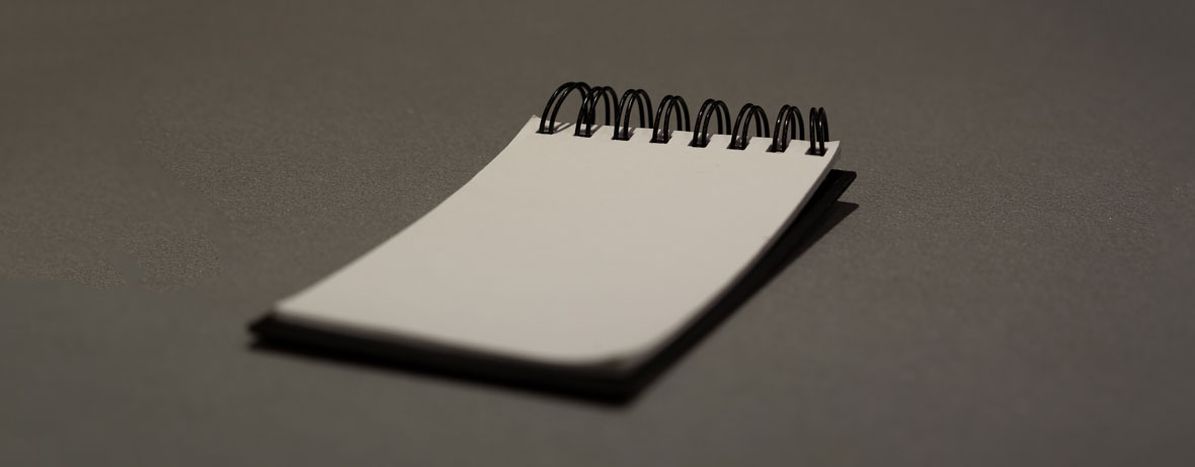
The "alternative white paper" on the future of the EU
Published on
With Brexit last year and populism on the rise the EU is looking shakier than ever. Now the European Commission has published a white paper outlining five different 'scenarios' for the future of Europe. Here we explain what each scenario means, and suggest a few alternatives for Jean-Claude Juncker to consider.
Scenario 1: Carrying on
What it means: Juncker’s first strategy against Brexit is basically to continue on as normal, in line with the guidelines set by the Commission in 2014 and the Bratislava Declaration of 2016. "We prefer listening to talking," Juncker said, basically meaning that the European bureaucracy can’t do much more for the moment.
The alternative scenario: La La Land. The sky is blue, the birds are singing, your dress is far too yellow and populism is totally not coming back, right? Public opinion isn’t worth making a huge song and dance about. Your naiveté could lose you the Oscar, and Europe might be burning around you, but you can still stick your fingers in your ears and sing "LA LA LA…"
Scenario 2: Nothing but the single market
What it means: The Union would become more and more concentrated on facilitating trade, until there’s nothing else left. No open borders, no environmental protection, no common foreign policy. Basically it means transforming the EU into a trade bloc like any other.
The alternative scenario: Anything but the single market. Honestly, we’ve had enough of this market-oriented bullshit. It seems that any good thing that ever comes out of the EU, like open borders or Erasmus programme, has to be justified by the needs of the omnipotent Single Market. Maybe there are some things that could be done for the people of Europe that are not directly related to selling stuff? Common poetry policy would be a good start.
Scenario 3: Those who want more do more
What it means: This scenario proposes something called a "multi-speed system," which basically that different member states would have different levels of involvement in everything from defense to taxation.
The alternative scenario: Those who want less do less. You can drive a Ferrari or a tractor. If your neighbour is your friend and both of you benefit from a decision, you can take it. Or not. Do whatever you want as long as you do not cause problems. If you don’t like something then stop doing it - but, please, don’t leave the EU. We could walk a yellow brick road and live happily ever after.
Scenario 4: Doing less more efficiently
What it means: In this scenario, "more efficiency" basically means two things. First; presenting a single voice to the rest of the world with a more unified foreign policy, a Border and Coast Guard and a European Defence Union. Secondly; "digitising" and "decarbonising" the economy (basically, less bureaucracy to save paper).
The alternative scenario: Do more, but less efficiently. The Commission is famous for its red tape, and we say they should embrace it. All new white papers, for example, should be drawn up on parchment and written in triplicate using the blood of a chicken that Jean-Claude Juncker has personally sacrificed by the light of a full moon. 'Digitising' and 'decarbonising' are only half measures. Real efficiency comes from rethinking systems of bureaucracy from the ground up, not just using less paper.
Scenario 5: Doing much more together
What it means: Imagine you complained about a wind turbine project that fucked up your environment and you think you’re on your own. In 2025, a German or Spanish friend who complained on the same topic will help you to give your complaint a European impact.
The alternative scenario: Enough with the optimistic slogans. Rallying cries like the anti-Brexit slogan #BetterTogether and Hillary Clinton’s "Stronger Together" all ended in tears. What the world needs now is complexity, ambivalence, mystery and suspense. You want to keep people interested in Europe? Confuse them. And there is no better example than this gem of a quote by Jean-Pierre Raffarin from 2005: "Win the yes needs the no to win against the no."



